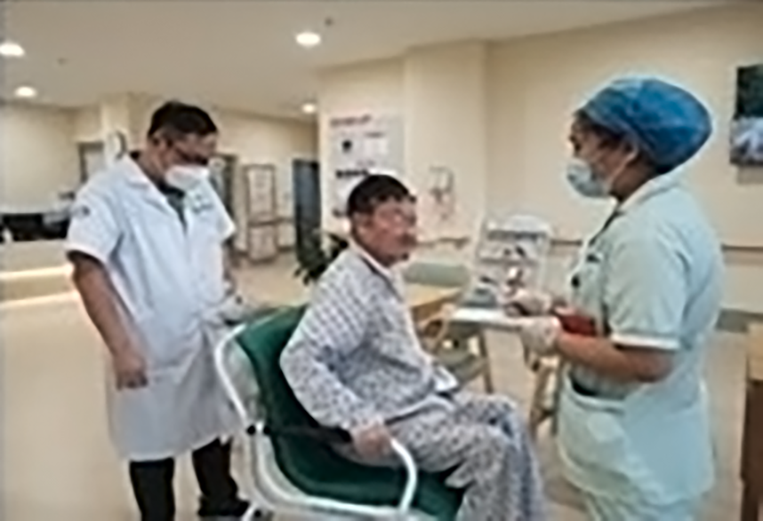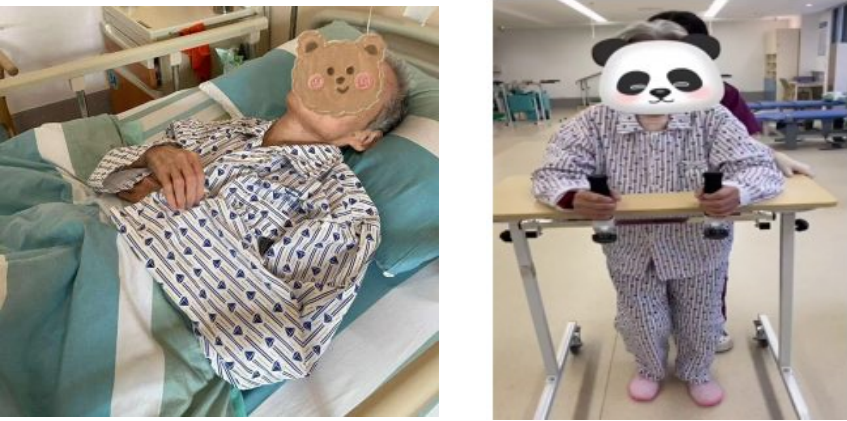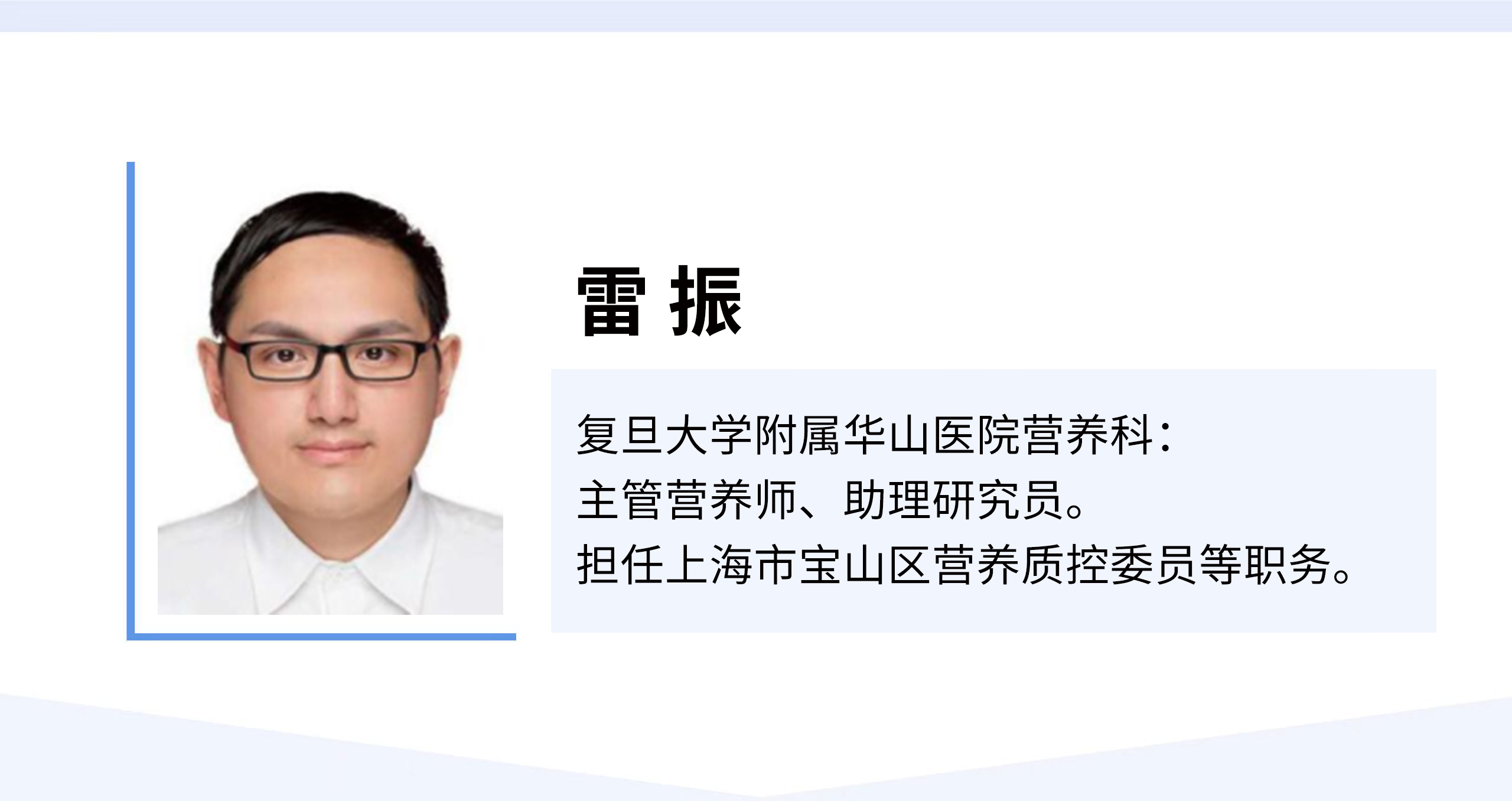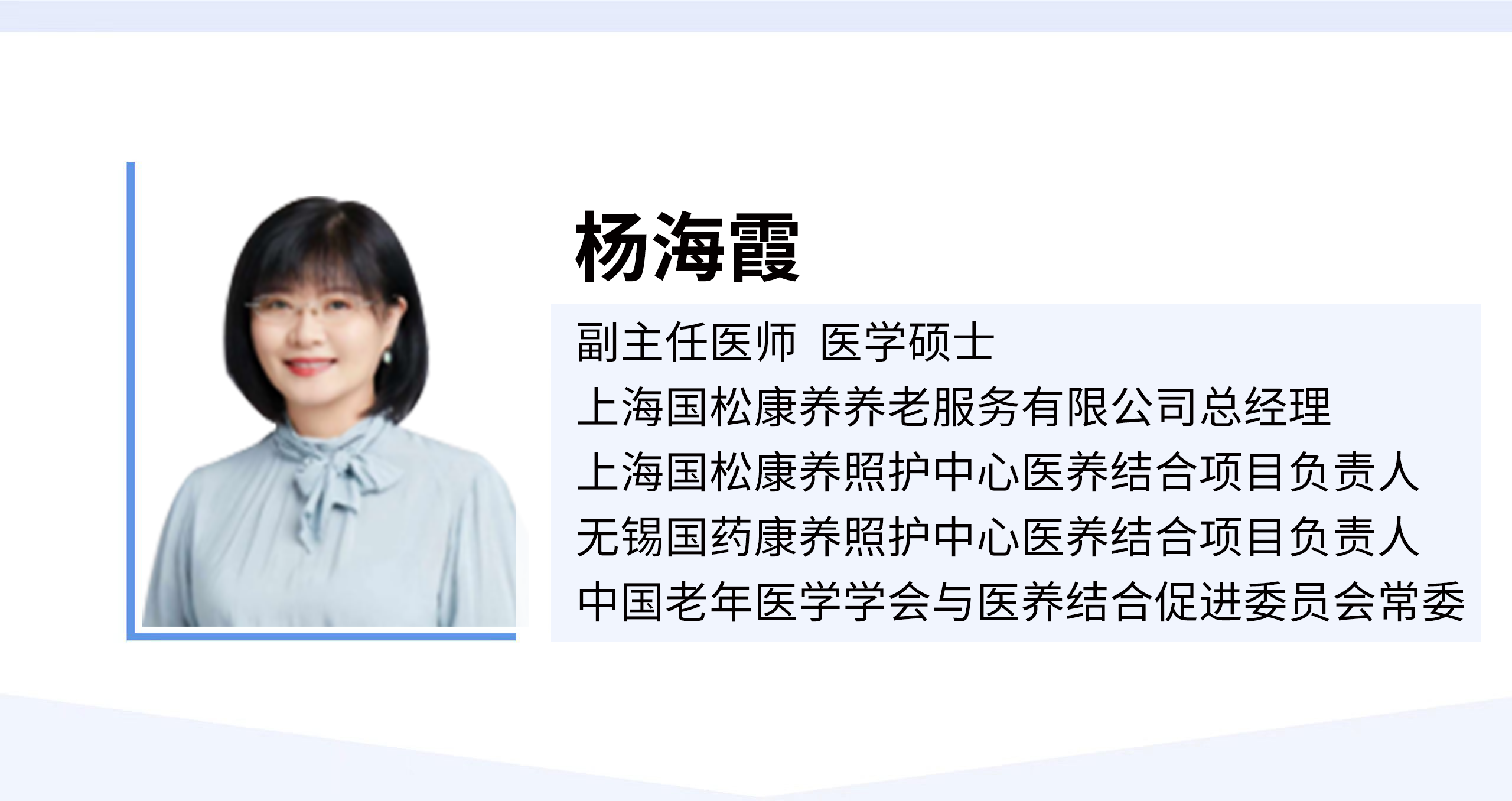[Micro Science Popularization] Take you to understand the importance of the combination of nutritional status assessment and medical care for elderly inpatients!
The aging Society and our future
With the global population gradually entering old age, aging has become a reality that we have to face. By 2050, one in five people is expected to be over 60 years old. In China, this proportion is increasing rapidly, which makes us have to think about how to take better care of the elderly.
Nutrition: the guardian of health in old age
Nutrition is the cornerstone of maintaining life vitality, and for the elderly, its role is indispensable. Good nutrition can not only help the elderly fight disease, but also speed up recovery and improve the quality of life. But sadly, many elderly patients who are hospitalized are facing malnutrition, which is often related to their weakened digestion, the effects of disease, and the side effects of medications. Malnutrition not only lowers immunity and increases the risk of infection, it can also affect wound healing, prolong hospital stays, and even threaten life.
Assessment: The first step to understanding nutritional status
Assessing nutritional status is essential for the health management of elderly patients. Through assessment, doctors can gain a comprehensive understanding of a patient's nutritional needs, identify the risk of malnutrition, and develop effective interventions. This not only prevents malnutrition from occurring, but also quickly corrects problems when they do arise, reducing their impact on health.
Iv. Evaluation methods: from subjective to objective
Nutritional status can be assessed in a variety of ways, both subjective and objective. Subjective assessments, such as the Nutritional Risk Screening NRS2002 and the mini-nutritional assessment MNA-SF, assess nutritional risk by asking the patient about changes in dietary intake and weight, combined with the patient's specific disease and ability to perform daily activities. Objective assessment directly reflects the nutritional status of the patient through physical examination and laboratory tests, such as measuring body weight, BMI and serum albumin levels. (Figure 1)

Figure 1 Patient weighing and evaluation
V. Combination of medical and nursing care: a new strategy of nutrition intervention
The model of combining medical and nursing care plays an important role in nutrition intervention. Medical services ensure the accuracy and scientific nature of nutrition assessments, while elderly care services provide continuous nutrition monitoring and intervention for the elderly, ensuring the effective implementation of interventions.
6. Specific Measures:
Under the mode of combining medical and nursing care, nutrition intervention mainly includes three aspects: nutrition guidance, nutrition supplement and health education. Nutritional guidance is based on the patient's evaluation results, to develop a personalized meal plan. Nutritional supplement is through oral nutritional supplements and other ways to meet the additional nutritional needs of patients. Health education is to raise the awareness of the importance of nutrition for patients and their families to help them form reasonable eating habits.
7. Case sharing: Examples of nutrition improvement
We have two simple examples to share. The elderly grandpa Zhang, who was hospitalized with a lung infection, has seen his nutritional status significantly improve through personalized nutritional intervention. The elderly grandma Li was in bed after the fracture operation, and through the nutritional support and rehabilitation training combined with medical care, the recovery speed was accelerated, and the recovery was able to stand training. (Figure 2)

Figure 2 Bed to standing (rehabilitation and nutrition combination)
Viii. Conclusion:
Nutrition assessment and combined intervention mode are very important for nutrition management of elderly inpatients. They can not only detect and correct malnutrition in a timely manner, but also provide comprehensive and personalized nutritional support for older people, promoting recovery and improving quality of life. Through scientific evaluation methods and precise intervention measures, we can better meet the nutritional needs of elderly hospitalized patients and escort their health.
References:
[1] Zhang Yulan, Li Xingjing. Correlation of nutritional status assessment with cognitive function and clinical outcome in elderly hospitalized patients [J]. Chinese Journal of Gerontology, 201, 41 (16) : 3573-3576.
[2] Wang Wanwan, Li Yuanyuan. Analysis of influencing factors of frailty in elderly hospitalized patients and its correlation with malnutrition [J].
Chinese Journal of General Medicine, 21, 24 (6) : 678-684.
[3] Xie Ying, Tong Lifang, Zhao Qinghua. Study on the relationship between health promotion lifestyle and quality of life of elderly with chronic diseases in combination of medical and nursing institutions [J]. Journal of PLA Nursing. 2019,37(9):1-4.


Prev
【 Micro-Science Popularization 】 Don't Neglect the elderly! The denture was not cleaned thoroughly and ended up blocking the "water pipe" of the parotid gland.
Next
[Micro Science Popularization] Intelligent Innovation of Nutrition Management for the Elderly Helps Intelligent Medical Care and Improve the Quality of Life for the Elderly!

